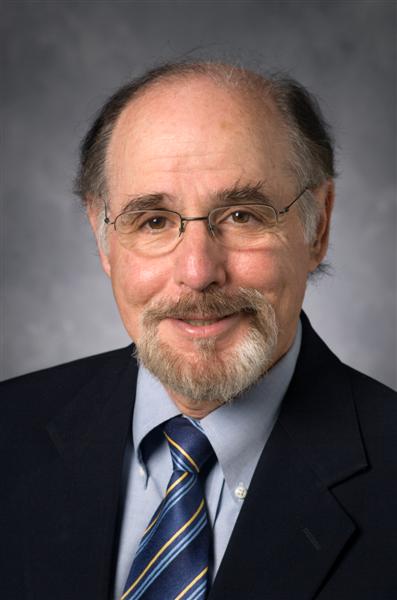|

|
David P. Landau
Distinguished Research Professor of Physics
Director, Center for Simulational Physics
The University of Georgia, Athens, GA 30602, USA
|
Abstract: While novel Monte Carlo algorithms are revolutionizing our ability to determine the properties of diverse models in statistical physics, the move to massively parallel computers is introducing new challenges to the user. After reviewing the powerful Wang-Landau sampling method that iteratively determines the density of states for a system by performing a random walk in energy space, we introduce a simple, generic, parallel Wang-Landau algorithm that is naturally suited to implementation on massively parallel, petaflop supercomputers. The new approach introduces a replica-exchange framework involving densities of states that are determined iteratively for overlapping sub-windows in energy space, each via traditional Wang-Landau sampling. The advantages and general applicability of the method are demonstrated using thousands of cores for several quite different systems (possessing either discrete or continuous degrees of freedom) including those with complex free energy landscapes and topological constraints.
About the Speaker: David P. Landau graduated from Princeton University in 1963, and moved to Yale University where he got his Ph. D in 1967. His research fields cover phase transitions and critical phenomena, interacting many-body systems, computer simulation of condensed matter and biophysical physics. David P. Landau is Distinguished Research Professor of Physics and founding Director of the Center for Simulational Physics at the
University of Georgia. He is a Fellow of the
American Physical Society. He won the
Aneesur Rahman Prize for Computational Physics. This is the highest award in computational physics given by the American Physical Society.
Date&Time: October 30, 2013 (Wednesday), 14:00 - 15:00 p.m.
Location: 606 Conference Room


